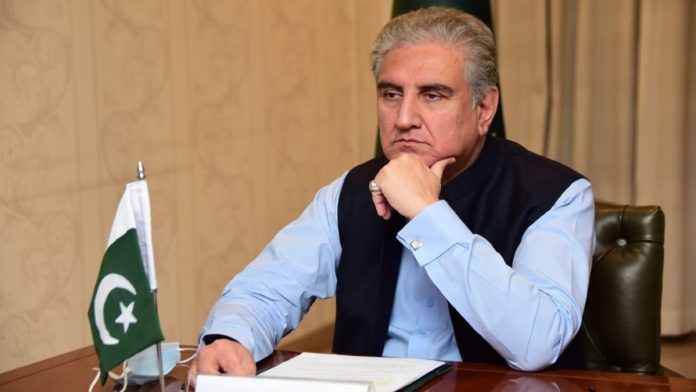Pakistan Tehreek-e-Insaf (PTI) PTI outrightly rejected the appointment of a controversial person as the Caretaker Chief Minister of Punjab and vowed that the PTI would soon start a decisive public movement under the leadership of Chairman Imran Khan against this system. PTI Senior leadership in their strong reaction to the controversial appointment as such a prestigious position stated that the PTI would not accept the appointment of this disputed person come what may. PTI Vice Chairman Shah Mehmood Qureshi reacted that the Election Commission of Pakistan (ECP) clearly picked a controversial person as the Caretaker Chief Minister of Punjab in presence of neutral and non-controversial names.
“We reject this appointment outright and Chairman Imran Khan will soon start a decisive public movement against this system,” he added. PTI Khyber-Pakhtunkhwa President Pervez Khattak said that the appointment of a controversial caretaker CM in Punjab indicated another conspiracy against PTI. He made it clear that this unconstitutional appointment can never be acceptable to PTI.
Reacting to governor Punjab’s failure to announce election date, PTI Central Secretary General Asad Umar said that the Punjab Governor did not give the date of the Punjab Assembly election despite the reminder of the Speaker Punjab Assembly, which was his constitutional responsibility to immediately announce the date after the dissolution of the assembly. About the party members’ resignations, Asad said that a total of 44 MNAs of PTI emailed to NA Speaker to withdraw their resignations as per the instructions of the party chairman, because the speaker was yet to accept their resignations. He stated that the next step would be the nomination of the opposition leader.
PTI Senior Vice President Fawad Chaudhry lashed out at governors Punjab and KP for their failure to announce the elections dates. He said that the governors were continuously violating Article 105 by not giving the date. Fawad stated that the government appointed own people but even then they were running away from the polls. About the ECP, Fawad stated that the ECP had no status, as decisions were being made by six generals and five judges in Pakistan, whether the directions were right or wrong, the decisions of these eleven people remained to be followed. He said that all other institutions and individuals had no status more than pawns in the chess game.










